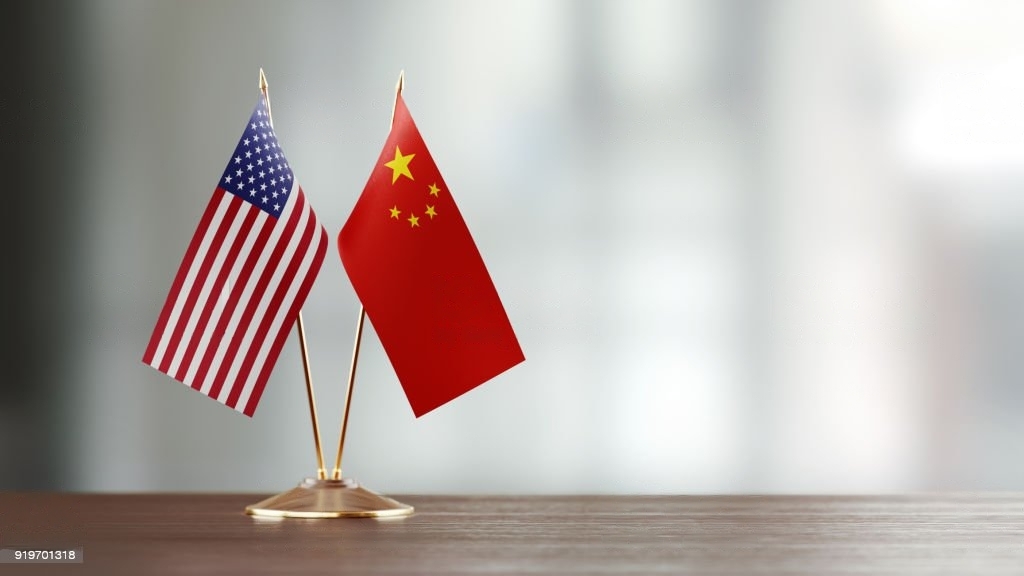The geopolitical relationship between the United States and China is complex and multifaceted, characterized by both cooperation and competition. As two of the world’s largest economies and military powers, their interactions shape global politics and have significant implications for various issues, including trade, security, and technology.

Competition:
- Economic Rivalry: The U.S. and China engage in economic competition, striving for technological dominance and market influence. Both countries seek to secure access to resources, markets, and investment opportunities, leading to trade disputes and tensions over intellectual property rights.
- Technological Race: The U.S. and China are in a race to lead in emerging technologies such as artificial intelligence, 5G, and quantum computing. The competition extends to areas like cybersecurity and data privacy, with concerns over Chinese technology companies’ ties to the Chinese government.
- Military and Security Concerns: The U.S. considers China’s military modernization and assertive actions in the South China Sea as challenges to its regional influence. This has led to increased U.S. military presence in the Indo-Pacific region, strategic partnerships with regional allies, and tensions over Taiwan’s status.

Cooperation:
- Economic Interdependence: Despite their economic rivalry, the U.S. and China have extensive economic ties. They are major trading partners, with significant investments in each other’s economies. Cooperation on global economic issues, such as climate change and financial stability, remains essential for both countries.
- Climate Change and Global Challenges: The U.S. and China have a shared interest in addressing global challenges like climate change, pandemics, and nuclear non-proliferation. Cooperation in these areas can foster mutual understanding and trust.
- Diplomatic Engagements: The U.S. and China engage in diplomatic dialogues to manage their differences and find areas of cooperation. High-level meetings, such as the U.S.-China Strategic and Economic Dialogue, aim to address bilateral concerns and promote understanding.
Overall, the U.S.-China geopolitical relationship is characterized by a mix of competition and cooperation. While both countries compete for economic and technological dominance, they also recognize the need for cooperation on global challenges. Balancing these dynamics is crucial for maintaining stability and shaping the future of international relations.
Be the first to comment